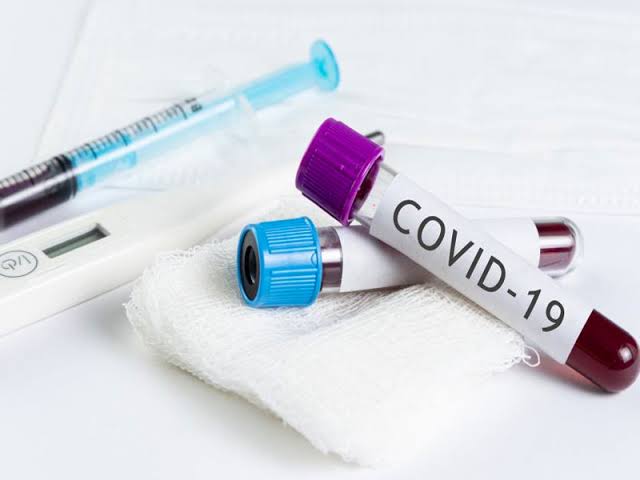On Monday, Iran reopened mosques in regions of the country it deemed low risk from from COVID-19 , as it announced that almost 80,000 people hospitalised with the illness had recovered and been released.
Kianoush Jahanpour, Iran’s Health ministry spokesman said 74 new fatalities brought the total number of cases to 6,277 officially recorded in the country since it reported its first cases in mid-February.
On Sunday, Iran recorded 47 new deaths; its lowest daily count in 55 days.
Another 1,223 cases of COVID-19 infections were recorded in the past 24 hours, Jahanpour said, raising the total to 98,647.
Mosques were Monday permitted to reopen its doors to worshippers in 132, or around one third, of Iran’s administrative divisions which are considered low-risk.
Iran has started using a systematic method of colour-coding which includes “white”, “yellow” and “red” for different areas to group the virus risk.
Faithfuls in Iran were obliged to enter mosques with masks and gloves and told they can only stay for 30 minutes during prayer times and must use only personal items, said the health ministry.
Mosques were told to desist from offering them food and drinks, but rather, provide hand sanitisers and disinfect all surfaces, it said in a statement published by ISNA news agency.
Jahanpour said that 79,397 of those hospitalised with the disease since the country reported its first cases in mid-February have been discharged, while 2,676 are in critical condition.
He said Iran was among “top five countries in the world” with the highest number of recoveries, without elaborating.
Experts and officials in Iran and abroad have expressed doubts over the country’s COVID-19 figures, saying the real number of cases could be much higher than reported.
President Hassan Rouhani said Iran had “succeeded in effectively preventing the spread of this virus in many” parts of the country.
Speaking at a televised videoconference meeting of the Non-Aligned Movement, President Rouhani said Iran’s response to the outbreak “has in instances been evaluated to be beyond international standards.”
But the US “anti-human rights” sanctions against the Islamic republic had hampered its efforts to control the virus, he added, noting that they prevented companies from selling Iran its medical needs.
READ ALSO: Transport Guidelines: Non-Compliant Boat Operators Won’t Operate On Waterways— LASWA
US President Donald Trump withdrew from a landmark nuclear deal and reimposed unilateral sanctions on Iran in 2018, targeting key oil and banking sectors.
Humanitarian goods, especially medicine and medical equipment, are technically exempt.
But international purchases of such supplies are forestalled by banks wary of conducting any business with Iran for fear of falling on the wrong side of the US sanctions.



Leave a Reply